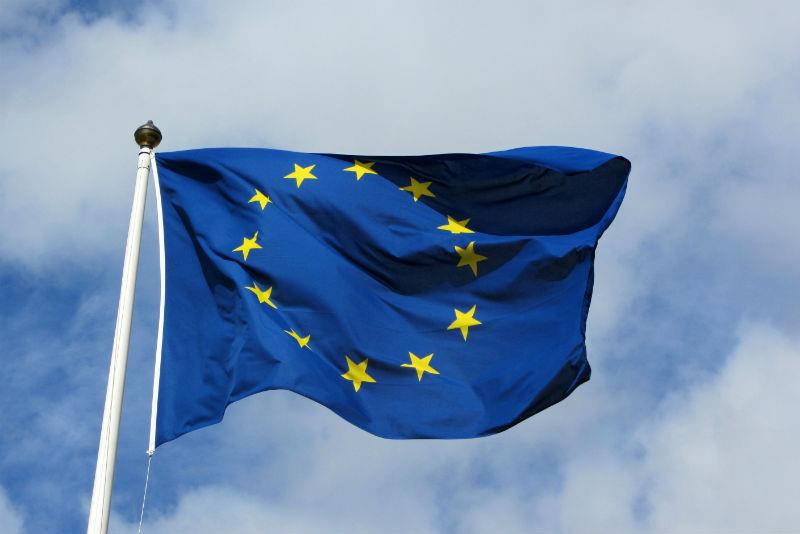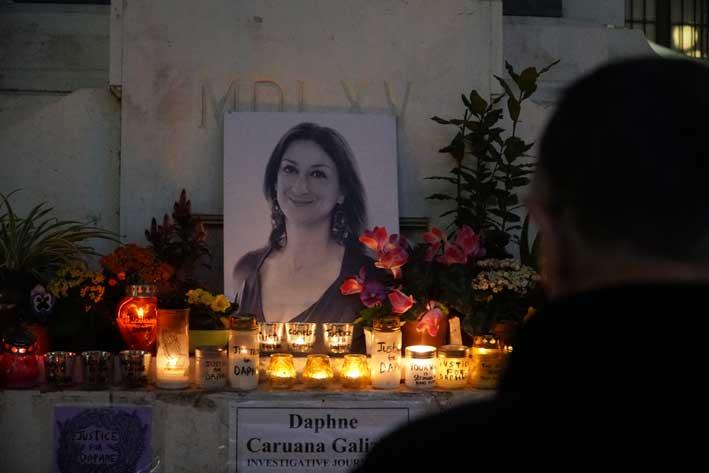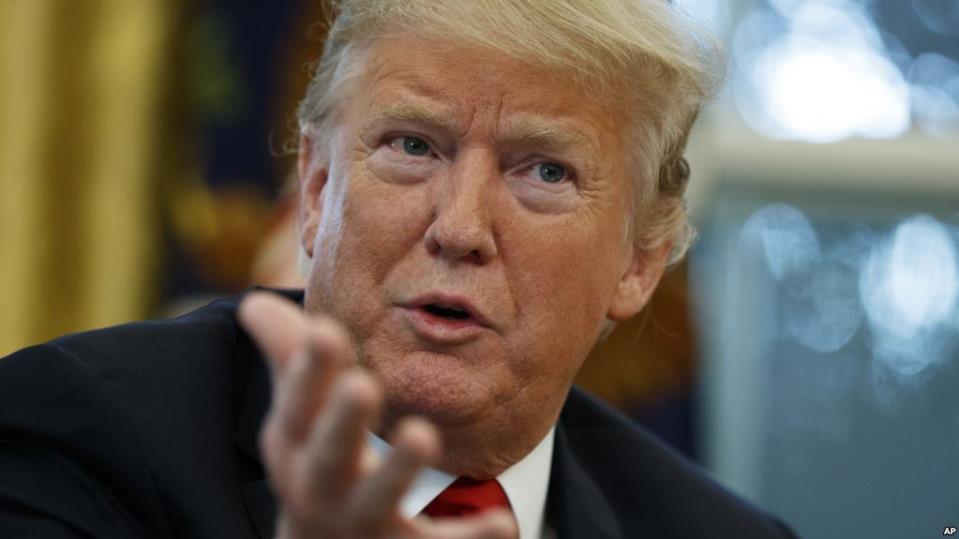Why did you decide to go into journalism?
Being an investigative journalist is a job but it is also a vocation. I knew that I wanted to be involved in journalism very early in my life. I saw journalism as a way of being of service to the public. My studies focused on finance and I use that knowledge to investigate financial crime. It is a challenging line of work, but it can also be rewarding when wrongdoing is unearthed and the public learns the truth.
How did you end up being arrested?
I was sentenced to over 13 months' imprisonment in January. The appeal is currently ongoing. I will have to serve that time if the sentence is confirmed by the Court of Appeal.
What did you feel the moment you were arrested?
The threat of arrest is difficult for me to come to terms with, most of all because I do not want to be separated from my son.
How are you coping with the judgement sentencing you to jail?
I know that there is not much hope that the sentence will be overturned. I am facing an additional case regarding my reporting on the same series of articles but this time concerning the son-in-law of President Erdogan. It is being heard before the same judge who sentenced me to imprisonment. It is likely that this case will add another year to the time I must serve.

If the appeal will not be your favour, what do you plan to do?
I will have no option but to serve the time. When you work as an investigative journalist in Turkey, the prospect of having your freedom taken away from you is something we live with every day. Many of my friends and colleagues are behind bars because of their work.
In what way is your freedom of speech being affected?
Freedom of speech has been under assault in Turkey for years. Publishing anything that is deemed insulting to politicians can have consequences. Take my articles that are the subject of these court cases. I did not give my opinion; I only reported facts that were exposed by the Paradise Papers leak. The complainants did not deny these facts. In fact, they acknowledged them to be true. Channels of communication are being captured by this Turkish administration, which makes it very difficult for the public to gain access to information.
What are the psychological and mental effects on a journalist who is jailed?
I know from my colleagues that it is an incredibly traumatic experience. It makes one assess whether the work we do is worth the consequences.
What kind of effects could the ability to jail journalists have on the journalism sector as a whole in a country?
It discourages others from entering and staying in the profession. It has the effect of hindering journalists publishing stories even when they are absolutely sure that such stories are accurate and in the public interest.

How do you think the EU should be handling Turkey, as opposed to how it is handling Turkey currently?
The European Union must be stronger when it comes to defending human rights in Turkey. We must not forget that Turkey is an aspiring member state and that it has access to pre-accession funds. The EU does have influence, and European decision makers must have a greater role in standing against injustice. In this regard I commend David Casa and politicians like him for their work.
How is social media affecting traditional journalism?
There are two sides to this argument. On the one hand the ability to disseminate information quickly is positive. It allows journalists to gain information and remain updated on particular issues directly from the people affected. It played a role in helping us piece together different elements of the puzzle. But with the increase of fake news and very advanced micro targeting, social media is now being used by governments to disseminate false information and to manipulate public opinion.

What is your view on the murder of Daphne Caruana Galizia?
It is madness that an assassination such as this could have happened to a journalist in broad daylight in an EU member state. But when there is impunity for powerful people, when legal threats, harassment, intimidation and the dehumanization of the journalist doesn't silence them... it is in these circumstances that journalists are most vulnerable. At a certain point, the only way to silence journalists is to kill them.
What is your view on the allegations of corruption in Malta?
Malta is an EU member state. The complete absence of political responsibility and the hijacking of institutions are of great concern. EU member states have a responsibility to be a beacon of hope to their neighbours - an example for others to follow. The evidence against people at the highest levels of power in Malta is so overwhelming it beggars belief that they still hold their positions today.

In your opinion, are politicians around the world taking a more aggressive stance against journalists, and what should be done?
Yes, journalists are becoming increasingly targeted and demonized by politicians and this in turn has the consequence of investigative journalists losing the respect and appreciation of the public. It makes it harder for us do our work and harder for us to fulfil our role in democracy of holding power to account.
Action must start with international bodies that claim to uphold democratic values to take action where action can be taken. An assassination cannot always be prevented but the conditions that make the assassination of journalists possible can. There must be stronger consequences for corrupt governments through international institutions.
There are organizations that fight for the protection of journalists and many of them do excellent work, but they must be supported further by countries and international organizations and we have to work together across borders.
Lastly democracy also becomes vulnerable when the public's access to supposedly independent channels of communication is tainted by a government's involvement. An electorate cannot make properly informed choices when they are constantly exposed to government propaganda masquerading as independent reporting. This also deserves more international attention and action.

Some politicians try to hit the traditional media with slogans like 'fake news' and others. What effect could this have on the media, and on democracy?
Politicians that have devious intentions have understood that there are ways to counter investigative journalism. The truth is losing its value because the capturing of media houses and the malevolent use of social media hinders the dissemination of the results of investigative journalism.
The Trump phenomenon also means that almost anything can be dismissed as fake news irrespective of the strength of the evidence. Politicians across borders now are more comfortable with claiming no wrongdoing irrespective of what is exposed. You have it here in Malta very clearly in the cases of the minister and the Prime Minister's chief of staff exposed by the Panama Papers.